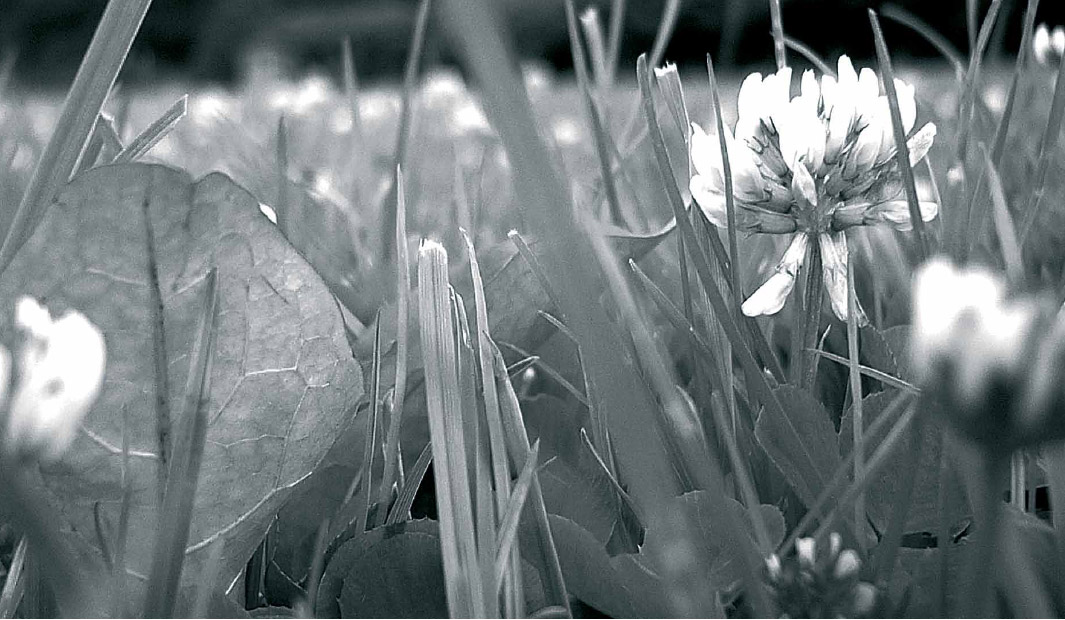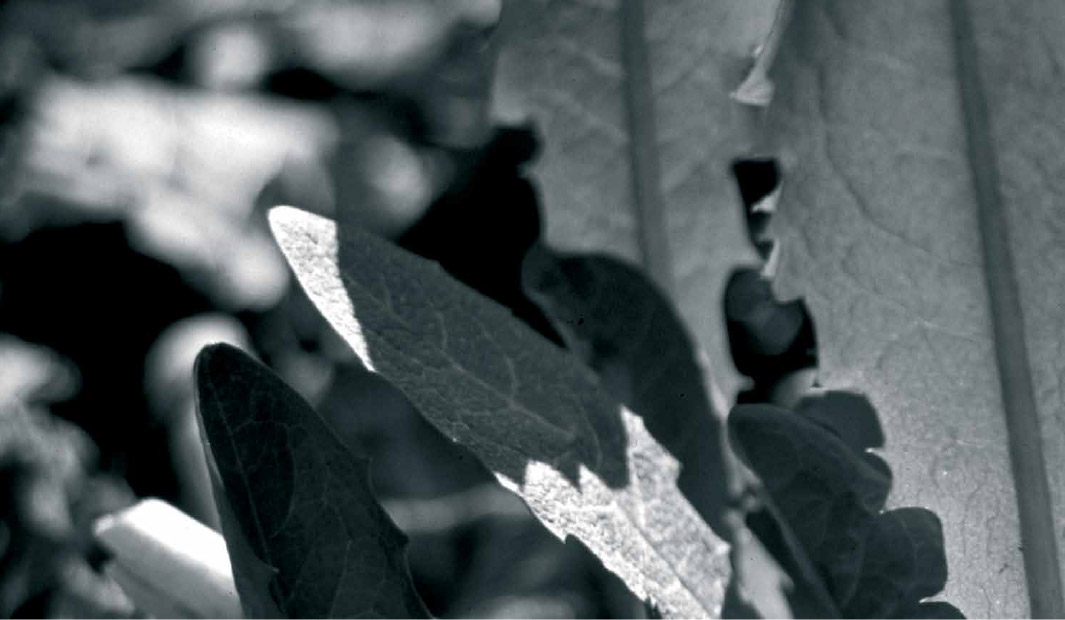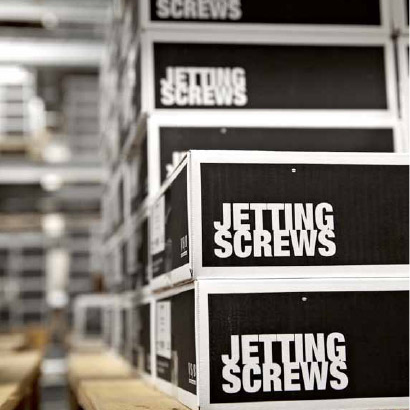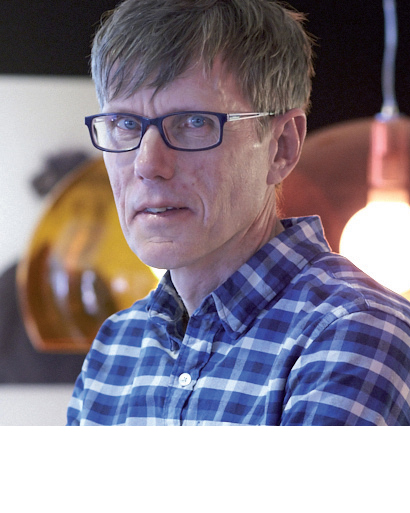Environmental awareness
Our responsibility
VSB is ISO 14001 certified and has its own environmental policy prepared in house, which means that we must assume our environmental responsibility in full and continuously strive to minimise the company’s environmental impact. But how are we doing it, and what are we doing in practice?
SUSTAINABLE STORAGE
VSB currently packs the majority of its screws in cardboard packages manufactured of Miniwell. The fact that we use cardboard boxes is of course nothing new, it is something we have always done. But what was once an unconscious choice has today become part of a conscious strategy for the sake of the environment.
Choosing packaging made of paper is the best option from an environmental point of view. The renewable source of the material, as well as a final product that is completely recyclable, makes paper-based packaging one of the most environmentally friendly packaging options around.
Our aim is to choose a path that leaves as few environmental footprints as possible.
WHAT IS FSC THEN?
The majority of all the screws that are packed in Borås today are delivered in FSC-labelled packaging. But what does this mean? FSC stands for the Forest Stewardship Council, which is an independent, international member organisation that works for the environmentally-friendly, socially responsible and economically viable use of the world’s forests through its FSC certification system. Certified companies must comply with FSC’s forestry use and traceability rules. They will then be allowed to label their products with the FSC brand. The FSC brand allows consumers and businesses to choose wood products that originate from responsible forestry sources, that is, forestry use that takes people and the environment into account.
AND WHAT ABOUT EPD AND LCA?
LCA – Life Cycle Assessment, is a way of investigating a product’s environmental impact from the cradle to the grave. This involves examining everything from raw material extraction, manufacturing processes, shipments and energy consumption, to how the product is eventually recycled. By using an LCA you can, for example, look at and compare the different elements of a product’s life cycle, and consequently identify the areas where the greatest environmental benefits can be derived in order to be able to deliver resources to the right place. EPD – Environmental Product Declaration is a system that provides objective information about the product’s environmental performance, and a term that is talked more and more about today. The basic information in an EPD originates from an LCA. The EPD does not mean that the product is more environmentally friendly than another product, but it is a document that provides information on the environmental impact of the product in a transparent and comparable way. The EPD is reviewed and verified by an independent party. The standard for EPD is ISO 14025. We let RISE, formerly SP, conduct a comparative life-cycle analysis of our existing paper packaging and our new plastic packaging made of 70% recycled plastic, a new product for VSB launching in the spring of 2018. Our goal was to make the plastic packaging as environmentally friendly as possible. Despite the use of recycled plastic, it was revealed that the environmental impact of the new plastic packaging was much higher than the paper packaging. VSB is intent on working closely with quality-minded subcontractors who observe the laws and regulations in their production routines, which for us is a matter of course!
Close cooperation with quality-minded subcontractors observing all the laws and regulations that are associated with their production routines is for us a matter of course!
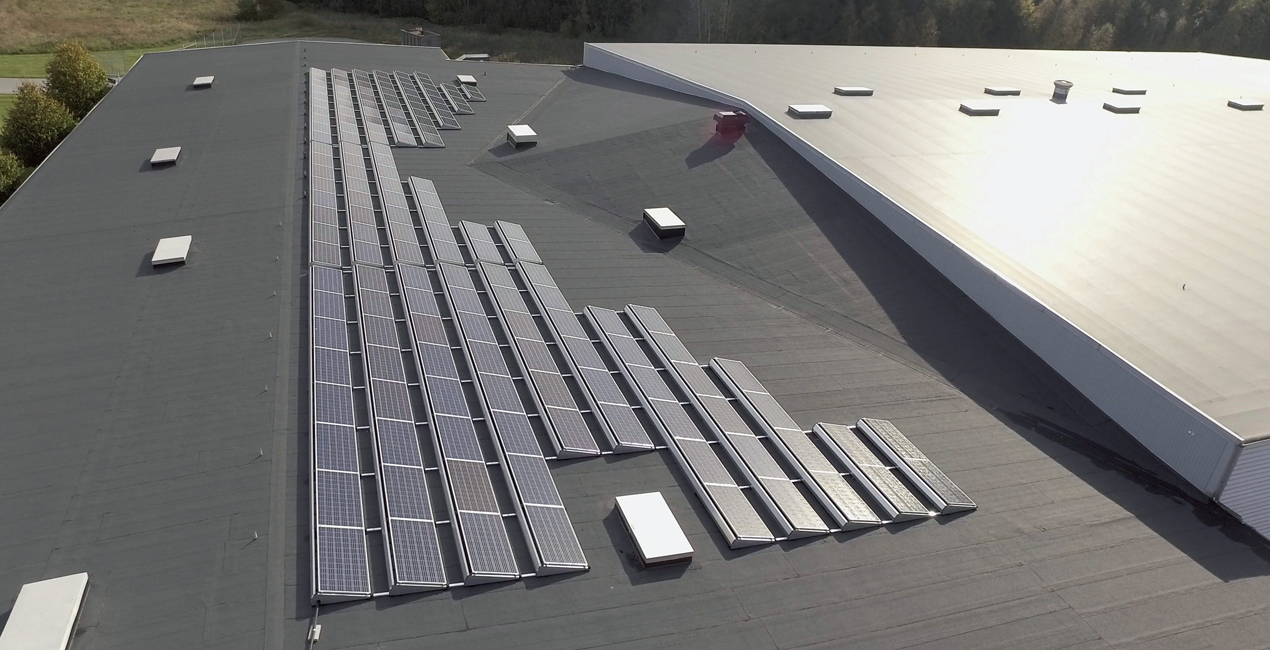
ENVIRONMENTAL WORKERS ON THE ROOF
Some time ago we recruited some new staff. Every day you will see them working on the roof busy with energy issues and the environment.
You’ve probably understood that we are talking about – our solar panel workers.
1,812,117 CUPS OF COFFEE
This is how many cups of coffee our new solar panels will provide energy for during a year. Measured in kilowatt hours, this equates to 45,303 hours. Producing electricity from solar panels mitigates the need for electricity generation from fossil fuels, and consequently the emission of harmful carbon dioxide. Even though solar radiation is low in Sweden in winter, the increased generation of solar energy means that water can be stored in the hydropower plant’s reservoirs. This introduces the possibility of using the energy in water reservoirs in winter instead of summer. Solar panels therefore also have a positive effect during the dark period of the year. Through the Energy Agreement of 2016, Sweden has set an expressed goal of having 100 per cent renewable electricity generation by 2040. From that perspective it feels good to be able to contribute to set goals and a more sustainable world. Now, let’s have a cup of coffee!
LESS TRANSPORT
Space optimisation in our packages, with more screws in a smaller space, is of course a reason as good as any. But as a bonus, optimisation also has positive effects for our environment. Optimising packaging filling means less material is used when manufacturing the cartons. Shipments from our packaging manufacturer to VSB’s warehouse and from VSB’s warehouse to our customers are reduced, along with any stress this may entail. The smooth surfaces of the packaging, free from any protruding details that might create air pockets, also ensure an increased fill rate in your pallet, leading to fewer shipments. Nowadays all packing of screws also takes place in Brämhult, in Borås. As a result, long-haul shipments from Asia have dropped by 25-30%.
DETOXIFIED CONSTRUCTION
BASTA system
BASTA’s database contains construction products that meet BASTA’s high standards for chemical content. EU legislation REACH is the basis for these requirements. The database is open and freely accessible to everyone.
VSB is affiliated with BASTA, a system that aims to remove toxins from construction. BASTA is aimed at anyone who wants to make informed material decisions for the purpose of phasing out hazardous substances. Through a phasing-out process, the system will help Sweden meet its national environmental goal for a “Non-toxic environment”.
Products that meet the requirements for hazardous substances are registered by suppliers and manufacturers. The information in the system is reviewed by third parties and quality assured through regular audits by affiliated suppliers and manufacturers.
Virtually all VSB items meet the requirements set by BASTA.
HEALTHIER CONSTRUCTION
SundaHus and Byggvarubedömningen
In order to meet the requirements set on our products from customers and other target groups in the construction sector, the majority of VSB’s items are also assessed by SundaHus and Byggvarubedömningen, BVB systems.
These systems work in a similar fashion and serve as tools for making informed decisions on materials based on the lowest possible impact on health and the environmental. They are also based on the EU regulation REACH.
Unlike the BASTA system, where the supplier and manufacturer declare and register the products, the assessment and declaration are prepared by SundaHus and BVB.
Many features of the two systems are similar, such as assessments of the presence of substances harmful to health and the environment. SundaHus and BVB also look at the product and resource issues from a sustainability perspective. In addition, BVB has developed criteria for an assessment system based on social conditions.
